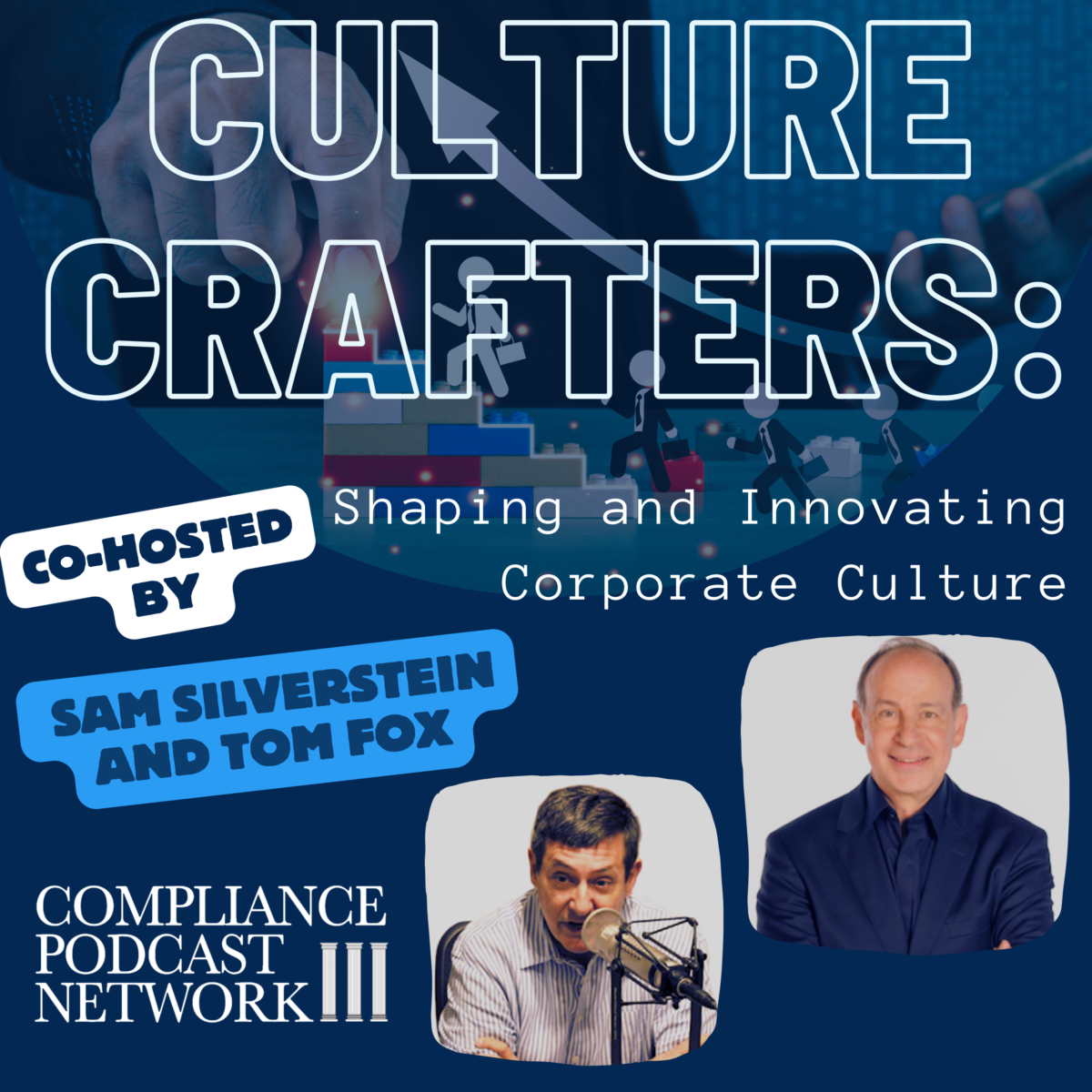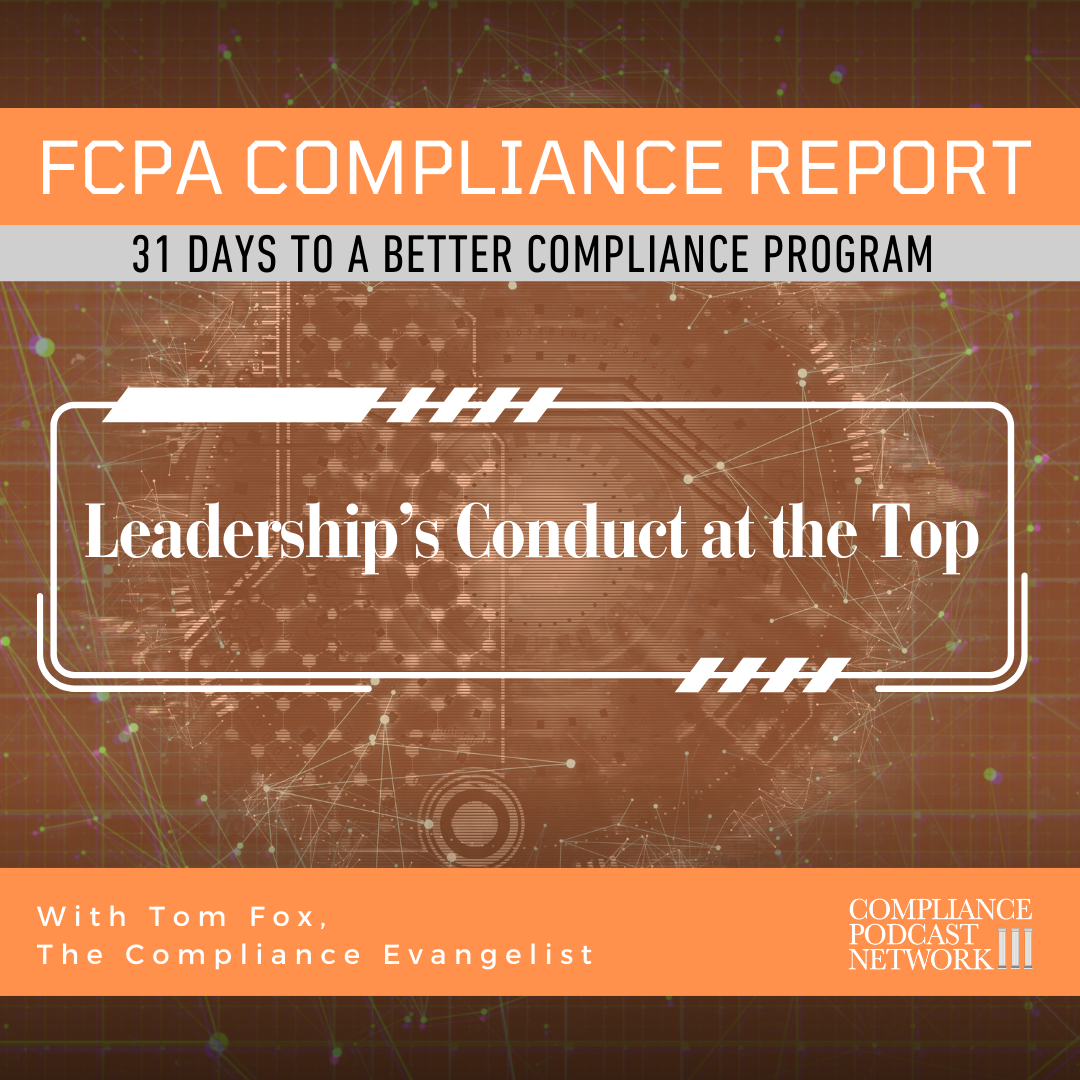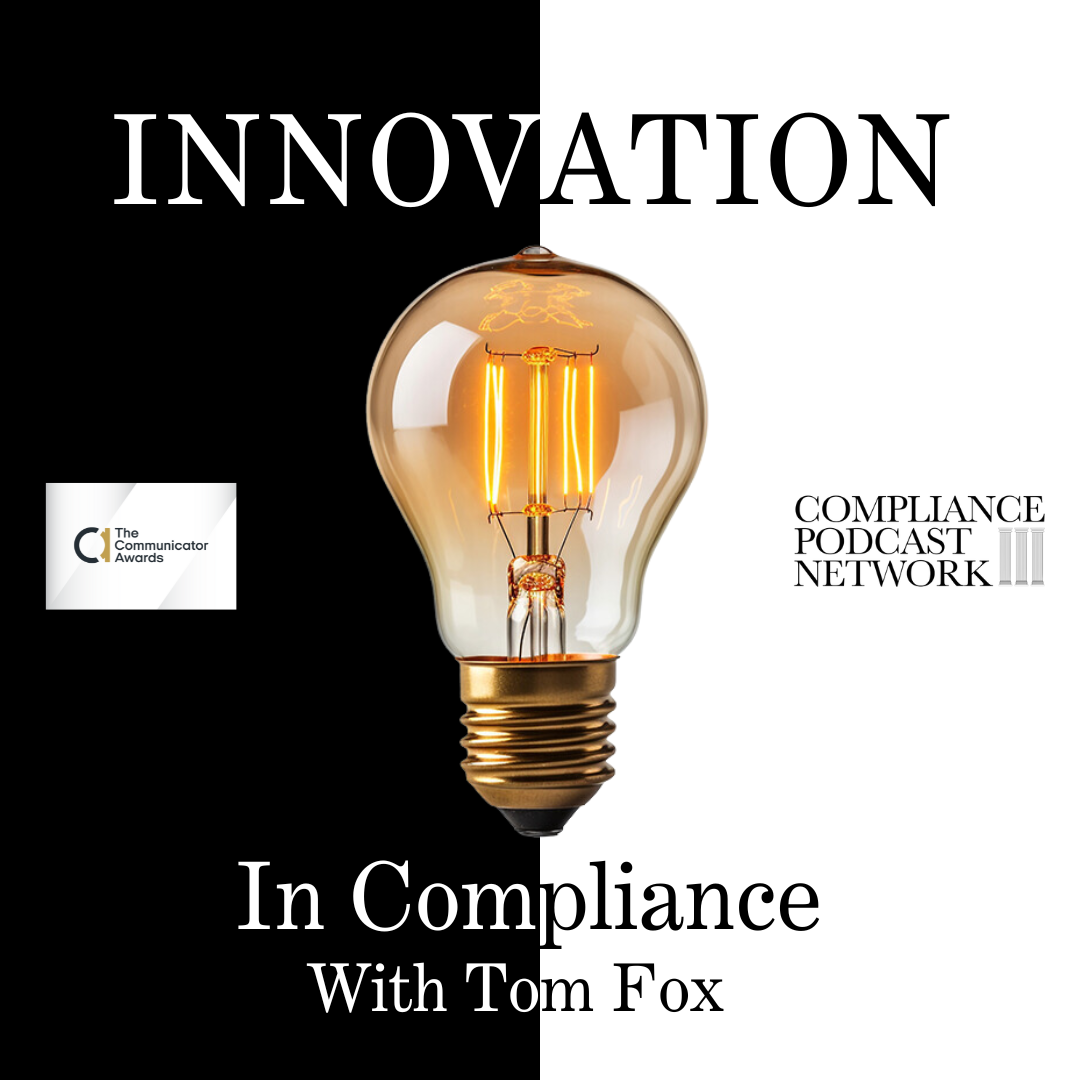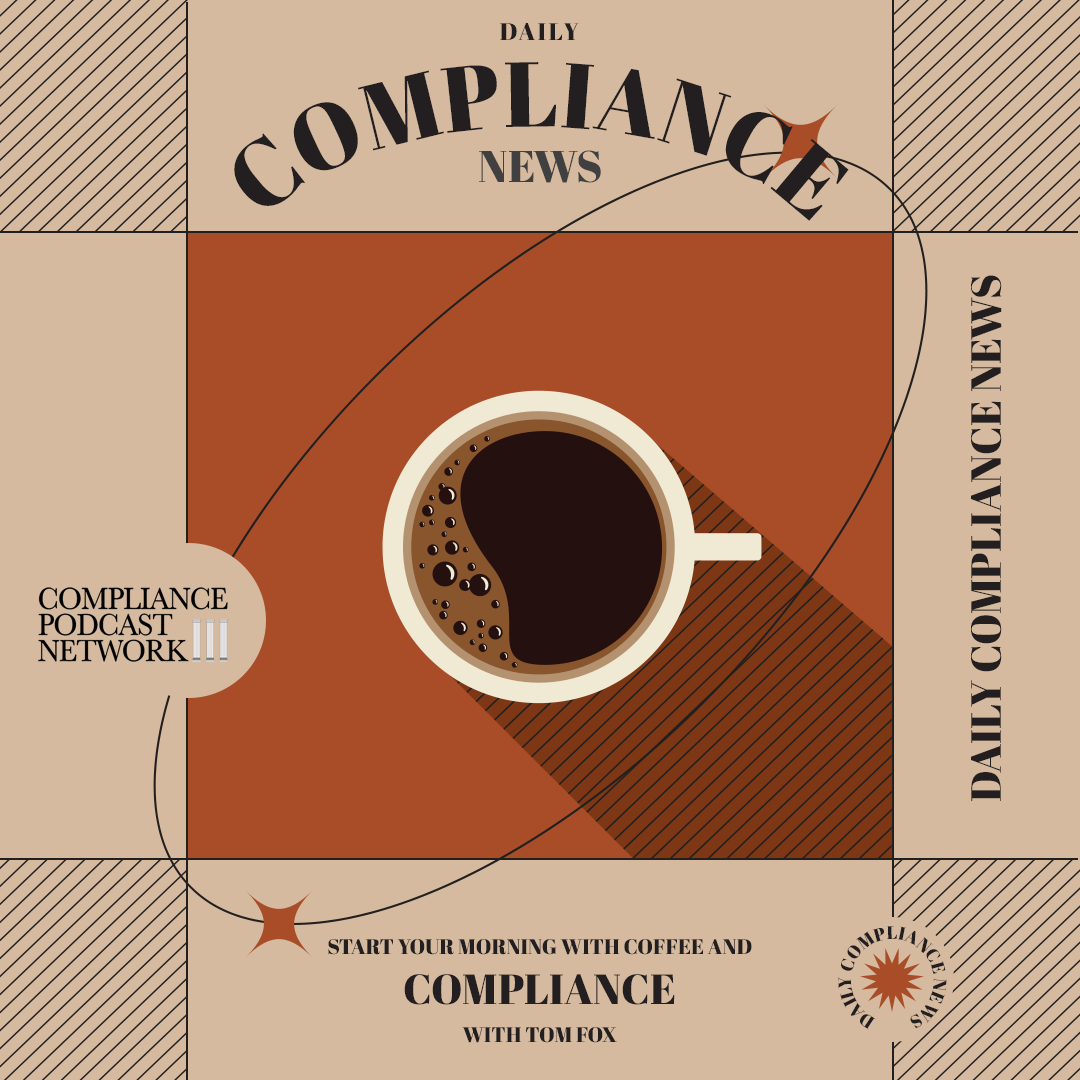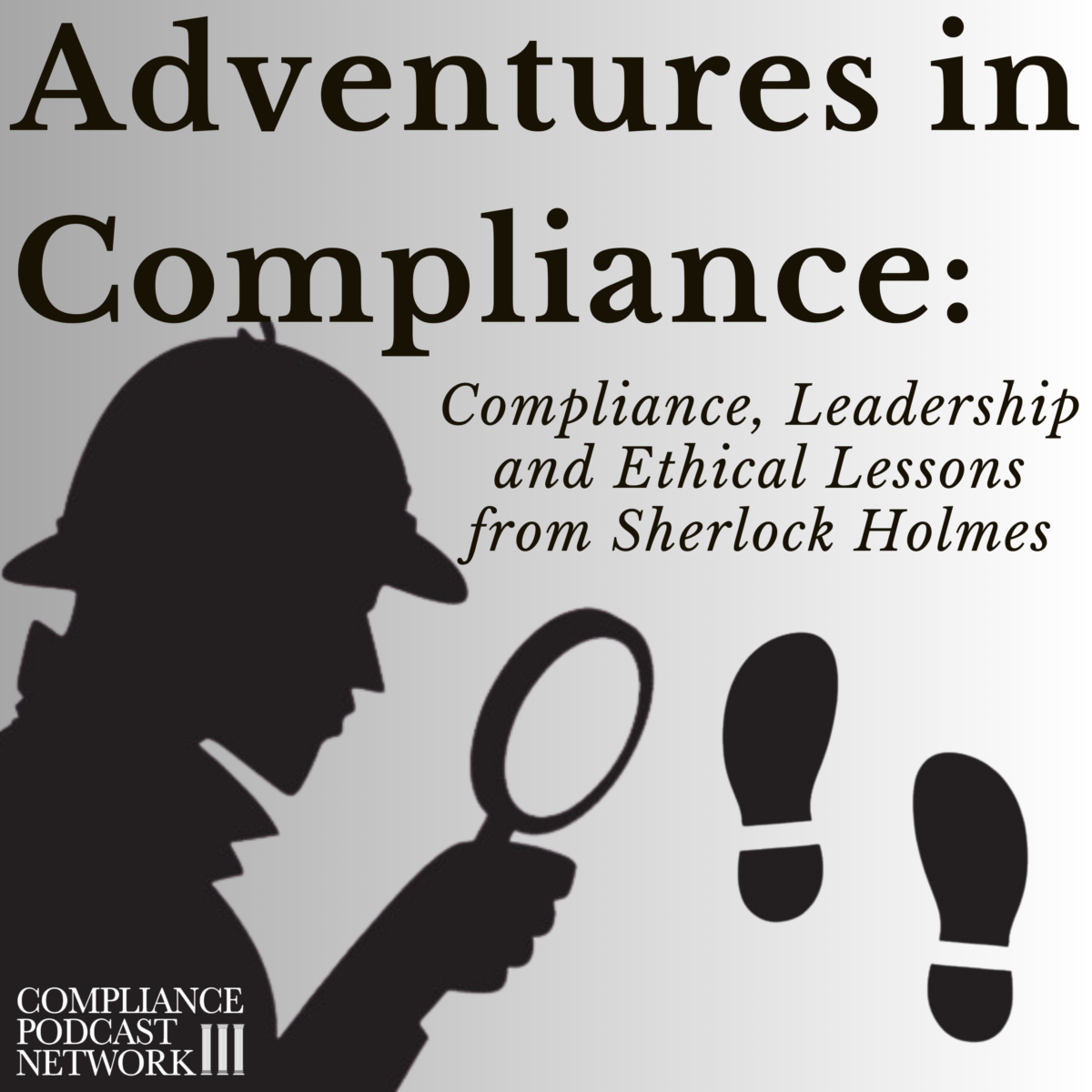Regarding compliance, the tone from the top is crucial—but culture eats tone for breakfast. Compliance professionals know that a robust compliance program is only as effective as the culture supporting it. Building and sustaining that culture, however, is no small feat. Enter the skills-based approach to cultural transformation, as laid out in Per Hugander’s article in the MIT Sloan Management Review, Take a Skills-Based Approach to Culture Change. This method provides a roadmap for embedding compliance values deeply into an organization by focusing on practical skill development and real-world problem-solving. I have adapted her skills-based approach to revolutionize compliance culture, explain why traditional methods often fall short, and provide actionable strategies for compliance professionals to lead this transformation.
Why Traditional Compliance Culture Efforts Fall Short
Many culture-change initiatives rely on workshops, seminars, and training sessions to instill new values or behaviors. While well-intentioned, these efforts often fail to address the deeply ingrained assumptions that drive behavior. Hugander explains this through Edgar Schein’s Organizational Culture Model, which emphasizes that culture is rooted in employees’ underlying assumptions, those unconscious beliefs that determine how they think, perceive, and act.
This highlights a critical issue for compliance professionals: simply telling employees to act ethically or follow the rules isn’t enough. If underlying assumptions about risk, accountability, or success conflict with compliance values, those assumptions will prevail.
The Skills-Based Approach: A Paradigm Shift
The skills-based approach focuses on building specific, actionable skills that directly impact critical challenges. These skills—such as perspective-taking or fostering psychological safety—are practiced in real business problems. Organizations create a feedback loop that reinforces new assumptions and behaviors by linking skill application to tangible outcomes.
For example, a compliance team could focus on enhancing perspective-taking to improve employees’ handling of ethical dilemmas. By training employees to consider different viewpoints—such as the customer, regulator, or broader community—they better understand how their actions align with the organization’s compliance goals.
Breaking the Capability Trap
Hugander warns of the “capability trap,” a common pitfall where organizations abandon new initiatives before they yield results. This happens when the costs—time, focus, and effort—are immediate, but the rewards are delayed. To overcome this, the skills-based approach emphasizes creating short feedback loops by applying new skills to high-priority challenges. This allows employees to see the benefits of the new approach more quickly, generating momentum for change.
The capability trap might manifest in compliance when a new whistleblower program is launched but does not initially generate reports, leading leaders to doubt its effectiveness. The organization can build trust in the system and encourage broader use by coupling the program with communication training for managers and immediate action on even minor concerns raised.
Compliance Lessons from the Skills-Based Approach
- Start Small, Go Deep. Hugander advocates beginning with a small team and focusing on intensive skill-building sessions tied to real challenges. This allows the team to build confidence in the new approach and generate success stories that can inspire broader adoption. This means the Chief Compliance Officer (CCO) or other compliance professional should select a pilot group, such as a high-risk department or business unit, and train them on a specific compliance skill, such as ethical decision-making or identifying conflicts of interest. Have them apply these skills to actual compliance challenges and measure the outcomes.
- Create Cultural Champions. Identifying and empowering influential individuals to champion new behaviors is critical. These champions provide proof of concept by demonstrating how the new skills lead to better outcomes in the organization’s context. For the CCO, work to cultivate champions within senior leadership and middle management. A senior executive might lead by example in applying transparency during a compliance audit, while a middle manager might model open discussions about ethical or integrity concerns.
- Link Compliance to Business Outcomes. A key feature of the skills-based approach is tying new skills to measurable business improvements. Perspective-taking and psychological safety led to increased customer acquisitions and market share in Amy Edmonson’s SEB case study. For the compliance professional, you can demonstrate how compliance initiatives support business goals. Show how enhanced due diligence processes reduce the risk of fines and improve supplier reliability, ultimately benefiting the bottom line.
- Address Skepticism Through Experience. Short workshops are often insufficient to win over skeptics. Instead, intensive, hands-on sessions that produce actual results are more likely to shift mindsets. Skeptics who experience success become the strongest advocates for change. Integrate compliance into strategic problem-solving sessions instead of relying solely on compliance training. This would allow the compliance function to use a compliance framework to resolve a cross-functional challenge, demonstrating its practical value.
Building Momentum for Compliance Culture Change
The skills-based approach does not stop with a single team or project. Once initial successes are achieved, the organization can share these stories to build momentum. Hugander emphasizes the power of storytelling, using real examples to illustrate how new skills or behaviors lead to meaningful outcomes. Some strategies might be to develop case studies from early adopters of compliance initiatives within your organization. You can then share these stories through town halls, newsletters, or internal training sessions. Finally, these success stories can be used to recruit additional teams to adopt the new compliance practices.
All of this will take a concerted effort. A one-and-done superficial effort like one-off workshops or values posters, which fail to address the deeper assumptions driving behavior, will not work. True culture change requires sustained effort, leadership buy-in, and a willingness to experiment and iterate. You must regularly assess the effectiveness of compliance initiatives through employee surveys, performance metrics, and feedback loops. Adjust strategies based on what works in practice, not just in theory.
Building a compliance culture requires more than policies and procedures; it demands a shift in the underlying assumptions and behaviors that define an organization’s operation. The skills-based approach offers a practical roadmap for achieving this transformation. By focusing on skill development, linking compliance to business outcomes, and creating cultural champions, compliance professionals can foster a culture that doesn’t just follow the rules but embraces compliance as a core value.
The journey will not be quick or easy, but the payoff of creating a resilient, ethical, and high-performing organization is well worth the effort. For compliance professionals ready to lead this charge, the skills-based approach provides the tools to turn vision into reality.


